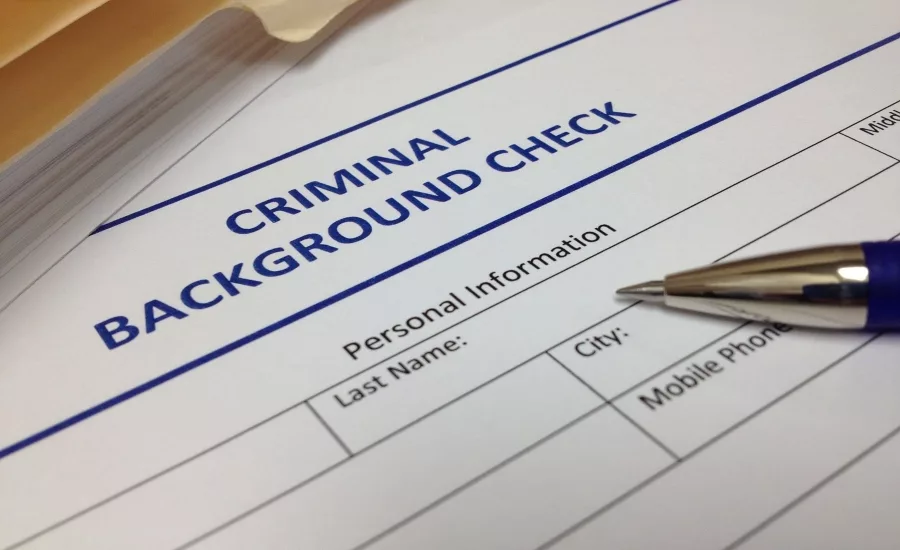Background check system blocked more than 300,000 illegal firearm sales in 2020

According to FBI data obtained through Freedom of Information Act (FOIA) requests made by Everytown for Gun Safety, the background check system blocked over 300,000 illegal firearm sales in 2020 — 42% of those to people with felony convictions. This represents the highest number of annual denials ever and almost double the nearly 169,000 denials reported by the FBI in 2019. To date, the background check system has now blocked over 4 million illegal firearm sales since 1994.
This new data, which includes both denials from the National Instant Criminal Background Check System (NICS) as well as for states that conduct point-of-contact sales such as California or Florida, shows that the surge in firearm sales in 2020 was also accompanied with a surge of prohibited purchasers trying to buy guns: the denial rate in 2020 was 31% higher than the denial rate in 2019. Per the FBI response letters accompanying the data, these numbers likely represent an undercount due to incomplete data received by the FBI from states.
“This new data yet again underscores the need for the Senate to strengthen federal background check laws or else people who shouldn’t have guns will continue to exploit deadly loopholes,” said Sarah Burd-Sharps, Everytown’s Director of Research. “There’s no question that background checks work, but the system is working overtime to prevent a record number of people with dangerous prohibitors from being able to buy firearms. The loopholes in the law allow people to avoid the system, even if they just meet online or at a gun show for the first time. Bipartisan action in Congress to strengthen background checks would keep even more guns out of the hands of people who shouldn’t have them.”
While federal law requires background checks for all gun sales by licensed gun dealers, it does not require background checks for the people who buy guns from unlicensed dealers, even in instances when they are strangers who meet online or at gun shows. Further, the surge in gun sales is overwhelming the background check system, making it easier for prohibited purchasers to obtain a firearm through the deadly Charleston loophole, a gap in federal law that allows gun sales to proceed if a background check hasn’t been completed in three days, according to Everytown for Gun Safety.
Looking for a reprint of this article?
From high-res PDFs to custom plaques, order your copy today!



